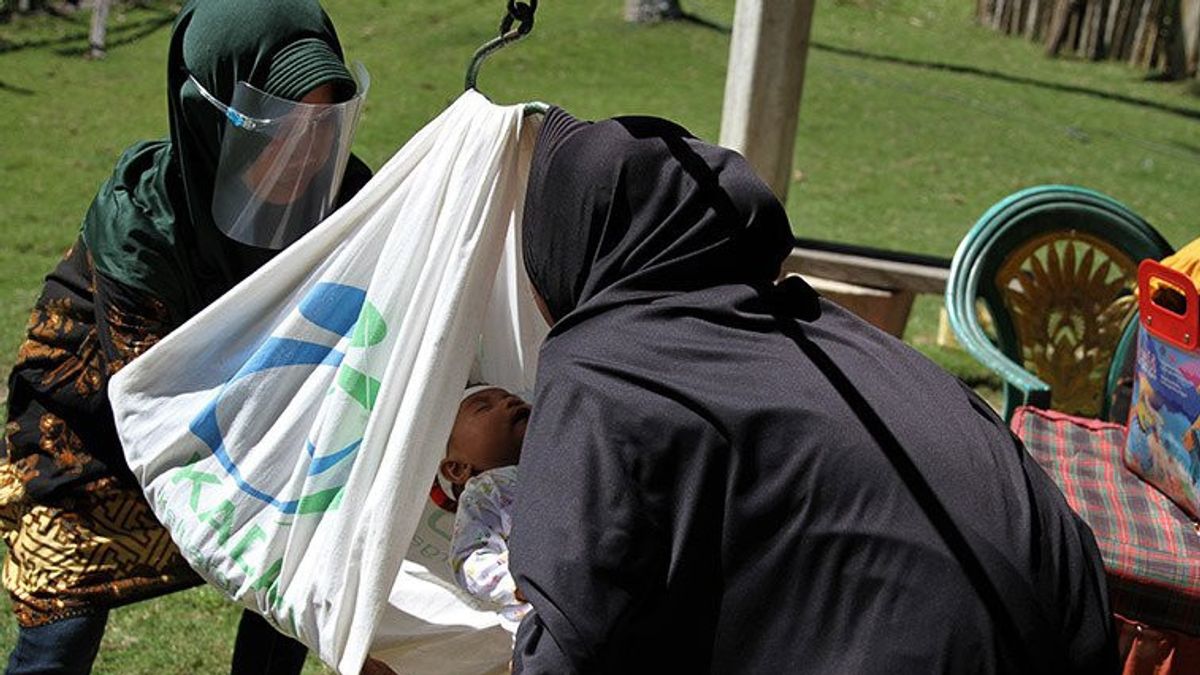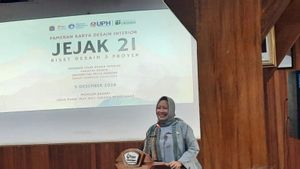JAKARTA - The high rate of maternal and infant mortality (AKI) in Indonesia is influenced by the number of children born to a mother during the fertile period (TFR). This is based on data from the National Population and Family Planning Agency (BKKBN). “We convey that TFR's close relationship with AKI is no longer a secret. This means that it is not only a matter of birth to birth intervals, the total average number of children or TFR also contributes greatly to MMR and IMR," said Head of BKKBN Hasto Wardoyo in a written statement, Friday, April 22. Maternal mortality in Indonesia has touched 305 deaths per 100,000 live births. Meanwhile, the results of the Family Data Collection (PK21) in 2021 stated that the TFR fell to 2.24, after touching the 2.45 figure in 2019. The TFR figure is still high, causing the target for maternal mortality set by the government in the Sustainable Development Goals (SDGs). to 70 per 100 thousand live births is difficult to achieve.
"Even for us in 2024, the government is actually targeting 183 per 100 thousand live births and so on. However, these are very challenging targets," he said, quoted by Antara.
In addition to TFR, births to a certain age group of women (ASFR) also contributed to the decline in MMR and IMR.
PK21 data at the end of 2021 shows Indonesia's ASFR touched 20.5 per thousand. This means that the number of women who are pregnant and give birth between the ages of 15-19 years has also decreased per thousand.
In fact, if the state succeeds in reducing maternal and infant mortality, then the prevalence rate of stunting in children (stunting) can also decrease rapidly.
According to Hasto, BKKBN has made a number of efforts to save mothers and babies from these deaths. For example, expanding the partners of family planning offices in districts/cities directly to family planning offices in districts/cities and organizing the One Million Acceptors Movement. General Chairperson of PP POGI Ari Kusuma Januarto invites all parties to play a role in collaborating together in reducing maternal mortality in Indonesia.
"All parties must be involved, because according to him a mother will produce future generations for this nation," he said.
The English, Chinese, Japanese, Arabic, and French versions are automatically generated by the AI. So there may still be inaccuracies in translating, please always see Indonesian as our main language. (system supported by DigitalSiber.id)













